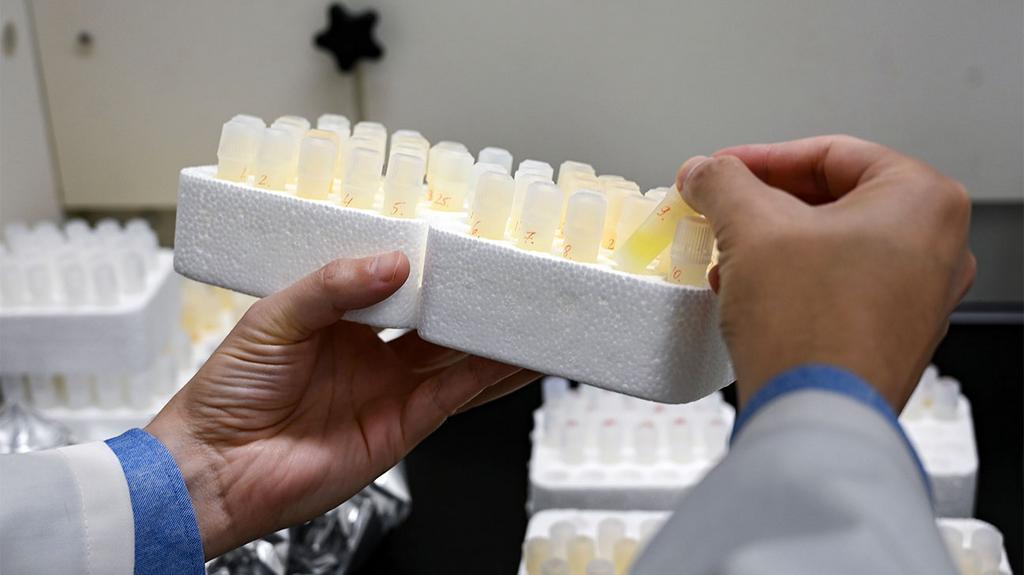
Does lithium deficiency help trigger Alzheimer’s? |
Your brain contains 27 different trace metals, but new research reveals that the level of only one of them plummets before memory problems begin. Harvard researchers examined post-mortem brain tissue and discovered that lithium — the same mineral mined for electric vehicle batteries and used as a mood stabilizer for some mental health conditions — drops to critically low levels in people with mild cognitive impairment, often years before Alzheimer’s diagnosis.
“The idea that lithium deficiency could be a cause of Alzheimer's disease is new and suggests a different therapeutic approach,” explained Bruce Yankner, professor of genetics and neurology at Harvard Medical School. When his team fed mice a reduced-lithium diet, the animals aged rapidly, developed brain inflammation, and showed cognitive decline. Supplementing with lithium orotate reversed the damage and restored memory function.
Unlike current Alzheimer’s drugs that target amyloid plaques after they form, lithium appears to prevent the problem at an earlier stage. It binds to amyloid proteins, essentially trapping them so they can’t damage brain cells, while also calming brain inflammation.
Trace amounts of lithium occur naturally in tap water, grains, vegetables, and dairy products. Intriguingly, regions with higher lithium levels in drinking water report lower dementia rates, though researchers caution that therapeutic doses likely exceed what diet alone can provide.
To discover which form of lithium shows the most promise and why neurologists call this finding a potential game-changer, jump to “Alzheimer's is linked to low brain lithium levels, study shows.”
Also making headlines this week:
⏰ Body aging accelerates between ages 45 and 55
| |

